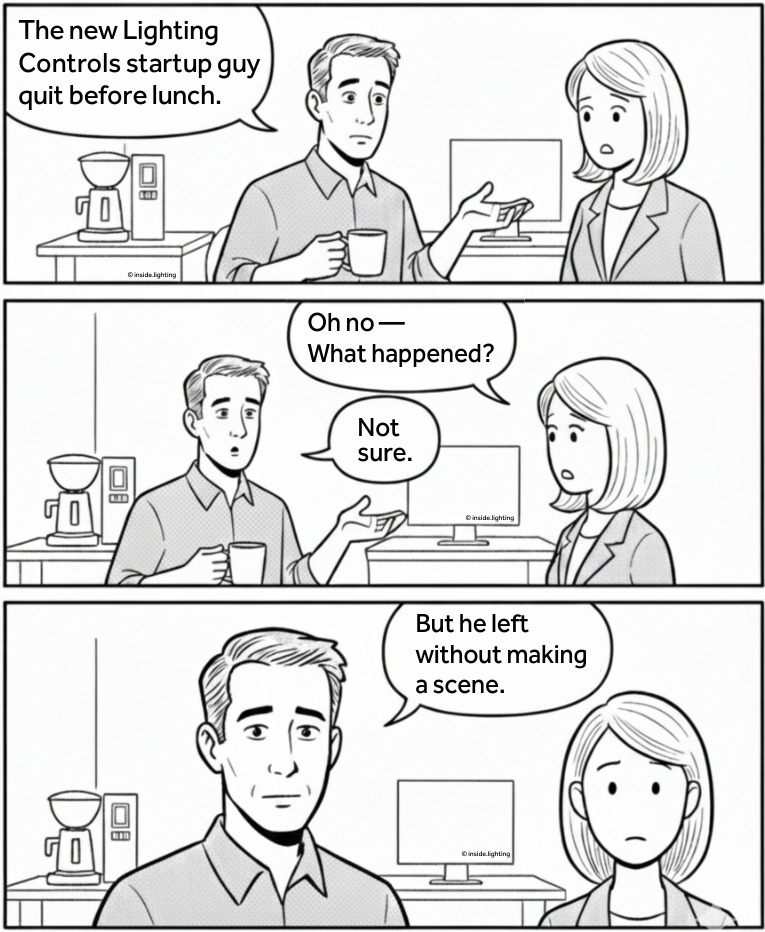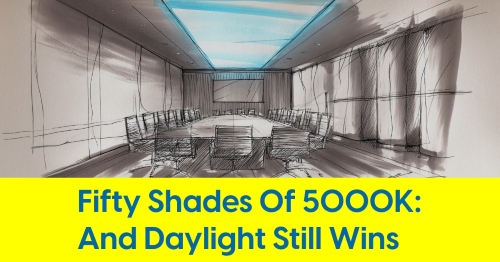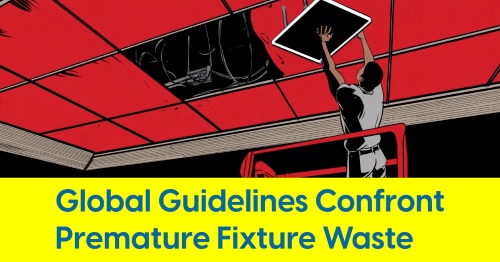October 2, 2024
Rexel Sues Signify to Deflect Accusations in $90 Million Dispute

Rexel calls for arbitration as Signify redirects blame for pallet of lamps that paralyzed worker
Rexel USA has filed a new lawsuit against Signify North America, seeking to compel arbitration in their ongoing legal conflict over a $90 million jury verdict. The dispute arises from a 2017 workplace accident that left an employee of Rexel’s Capitol Light distributorship paralyzed. Rexel’s lawsuit points to an International Cooperation and Services Agreement between the companies, which requires that any business-related disputes be resolved through arbitration under the rules of the International Chamber of Commerce (ICC).
Rexel's new lawsuit asks the court to pause the ongoing litigation while arbitration proceeds, arguing that arbitration, rather than court litigation, is the proper venue for resolving their disputes. This action comes ahead of Signify’s scheduled appeal of the $90 million verdict.
The dispute follows a jury decision in 2022 that assigned 90% of the responsibility for the accident to Signify, the world’s largest lighting manufacturer, with the remaining 10% placed on the forklift operator, a temporary worker employed by a staffing agency and utilized by Capitol Light. The jury awarded $90 million of the total $100 million in damages against Signify for its role in the incident.
Rexel’s arbitration request is based on an International Cooperation and Services Agreement with Signify, which mandates that disputes related to their business dealings be settled through arbitration under the International Chamber of Commerce (ICC) rules. Rexel’s legal team emphasized that arbitration would provide a more efficient resolution, especially since Signify has already filed an appeal against the $90 million verdict.
Rexel argues that arbitration could streamline the case and reduce costs, particularly as the appeal is scheduled for oral arguments on October 10, 2024, and could potentially alter the course of the litigation.
2017 Accident and Legal Fallout
The legal case centers on a tragic accident at Capitol Light’s Hartford, Connecticut, warehouse, a Rexel-owned distribution center. Juan “Mikey” Cruz, a Capitol Light employee, was paralyzed when a pallet of 4-foot Philips LED lamps, weighing a reported 800 to 1,300 pounds, fell from an upper storage rack. The lamps were allegedly not secured properly, leading to the accident after a reach truck operated by the temporary worker dislodged the pallet.
A 2017 accident at Rexel's Capitol Light in Hartford leads to a $100 million total personal injury award – believed to be the largest in Connecticut history. https://t.co/QORLazDBsq#lighting #commerciallighting #lightingsolutions #led #personalinjury #connecticut
— Inside Lighting (@InsLighting) October 10, 2022
The jury assigned 90% of the responsibility to Signify, citing insufficient packaging and preparation of the products before they were shipped to the warehouse. The remaining 10% of the liability was assigned to the forklift operator, who had been placed at Capitol Light through a temporary staffing agency.
Signify Attempts to Shift Blame to Rexel
Signify has countered these claims by attempting to shift responsibility to Rexel. In its filings, Signify argued that Rexel was at fault for failing to adequately train and supervise the temporary worker operating the forklift at the time of the accident. According to Signify, Rexel did not ensure that the worker followed proper safety protocols for operating the reach truck or for storing the Philips lamps on upper racks. Signify’s counterclaims suggest that Rexel’s lack of safety measures, rather than faulty packaging of the lamps, caused the accident that paralyzed Cruz.

Rexel notes that all purchase orders include an additional safeguard provision, supplementing their core service agreement.
Arbitration Push Aims to Halt Litigation
Rexel’s motion emphasizes that arbitration, as required under the international agreement, is the appropriate venue to resolve the dispute. Citing both Connecticut law and the Federal Arbitration Act, Rexel argues that arbitration is the most efficient path forward. The company’s legal team has stressed that continuing the court proceedings while arbitration is an option would lead to unnecessary delays and higher costs for both parties.
Despite Signify’s efforts to deflect blame, the jury placed the majority of responsibility on the company for failing to properly secure the products. However, Signify continues to deny that its practices were at fault and insists that Rexel’s inadequate training and oversight were to blame.
Signify was contacted for comment but declined to provide a statement.










